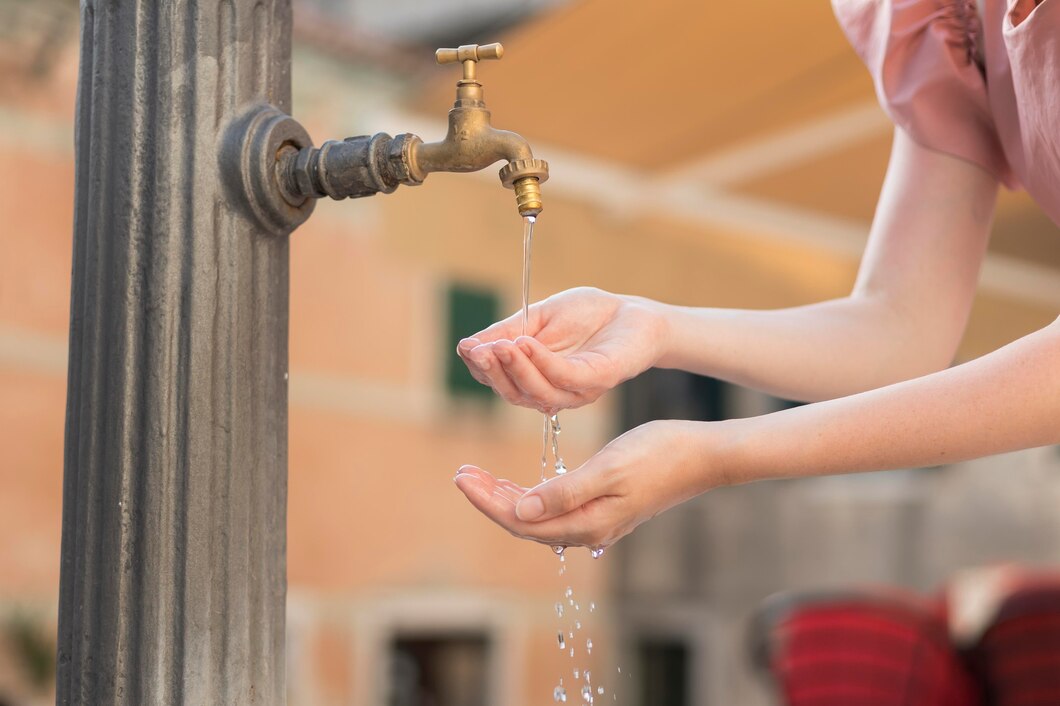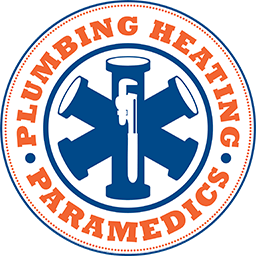
Water pressure problems are a common challenge many homeowners face, resulting in discomfort and inconvenience during daily activities such as showering, doing dishes, or washing laundry. As a local, family-owned business dedicated to saving Calgarians from plumbing and heating emergencies, we understand the importance of maintaining optimal water pressure in your home for a comfortable and efficient living environment. As such, Plumbing and Heating Paramedics have crafted a comprehensive guide to assist homeowners in identifying the cause of their water pressure problems and implementing effective solutions.
Water pressure problems can be attributed to a range of causes, from pipe blockages and faulty faucets to issues with the municipal water supply system. Identifying the precise cause of your specific water pressure issue is crucial in determining the most effective solution, whether that be cleaning pipes, repairing valves, or adjusting the pressure regulator. Follow along as we delve into the intricacies of diagnosing and resolving water pressure problems, and utilize the expert tips and advice found within this guide to improve your home’s water pressure for enhanced comfort and functionality.
1. Identifying the Type of Water Pressure Problem: Low vs. High Pressure
Before delving into potential causes and solutions, it’s essential to determine whether your water pressure problem falls into the low or high-pressure category.
- Low Pressure: Characterized by a weaker water flow throughout faucets and appliances in the home, resulting in unsatisfactory showers, slow-filling tubs, and inefficient washing machines.
- High Pressure: Water flows too forcefully, causing wear and tear on pipes and fixtures, leading to more frequent repairs and potential damage to appliances.
Understanding the nature of your water pressure issue sets the groundwork for investigating the root cause and implementing targeted solutions.
2. Common Causes of Low Water Pressure
Several factors can contribute to low water pressure problems in your home. Among the most common causes are:
- Pipe Blockages: Mineral deposits, sediment buildup, and rust can accumulate in pipes, impeding the flow of water and reducing pressure.
- Faulty Faucets or Fixtures: A single malfunctioning fixture can cause localized low water pressure. If the issue is isolated to one area, check the faucet or fixture to ensure it isn’t the root cause.
- Leaking Pipes: Undetected leaks can lead to reduced water pressure, not to mention wasted water and potential damage to your home.
- Pressure Regulator Issues: If your home has a pressure regulator installed, it may be malfunctioning, causing a consistent drop in water pressure throughout your home.
3. Common Causes of High Water Pressure
Unlike low water pressure problems, high water pressure is typically a result of issues originating from the municipal water supply or your home’s pressure regulating system. High water pressure causes include:
- Mains Pressure: Increased pressure from your city’s water supply can cause high water pressure in your home. This typically occurs when pressure adjustments are made to accommodate for peak usage times or due to geographical factors, such as elevation.
- Malfunctioning Pressure Regulator: If your home is equipped with a pressure regulator, it may be failing or incorrectly adjusted, resulting in excessive water pressure.
4. Effective Solutions for Resolving Water Pressure Issues
Once the cause of your water pressure problem has been identified, appropriate solutions can be implemented to restore optimal pressure levels.
Low-Pressure Solutions
- Cleaning or Replacing Pipes: If mineral buildup or rust is causing blockages, have a professional clean or replace the pipes as needed.
- Repairing or Replacing Faulty Fixtures: Addressing localized pressure issues may involve repairing or replacing the problematic faucet or fixture.
- Fixing Leaks: Detecting and repairing pipe leaks can restore proper water pressure while conserving water and preventing damage to your home.
- Adjusting or Replacing the Pressure Regulator: If the pressure regulator is causing low water pressure, our professional can adjust or replace the component as necessary.
High-Pressure Solutions:
- Installing or Adjusting a Pressure Regulator: Installing or adjusting a pressure regulator can help control water pressure from the municipal supply and protect your home’s plumbing system.
- Pressure-Reducing Valves: Installing a pressure-reducing valve can alleviate high water pressure by controlling water flow into your home.
Turn to Our Plumbing Experts for Reliable Water Pressure Solutions
Dealing with water pressure problems can be a daily inconvenience that negatively impacts the comfort and efficiency of your home. You can enjoy optimal water pressure and a more comfortable lifestyle by identifying the root cause of your water pressure issue and employing targeted solutions.
At Plumbing and Heating Paramedics, our experienced, professional plumbing contractors in Langdon are here to help you diagnose and resolve your water pressure problems. Contact us today to schedule a plumbing service and trust our expertise to restore your home’s water pressure, ensuring a comfortable and efficient living environment.
Call us at (403) 452-2911 or Book Now an appointment.
When to Call a 24 Hour Plumber
Plumbing problems can strike at any time, often when you least expect them. A leaking pipe or a malfunctioning water heater can quickly turn into a full-blown emergency that needs immediate attention. Knowing when to [...]
Effective Drain Cleaning Techniques
Maintaining clean and clear drains is vital for the smooth operation of your plumbing system. Clogged or slow drains can lead to a host of issues, including unpleasant odours, slow water drainage, and even serious [...]
How Our Emergency Plumbers Handle Urgent Repairs
Plumbing emergencies can occur without warning, causing significant inconvenience and potential damage to your home. From burst pipes to sudden leaks, these issues require prompt and professional attention. Our emergency plumbers are ready to respond [...]






